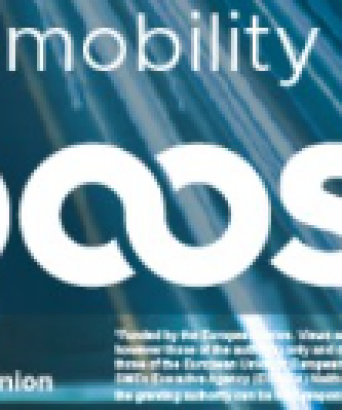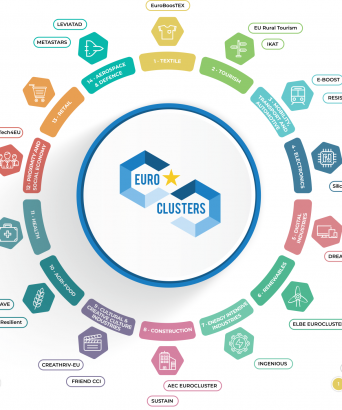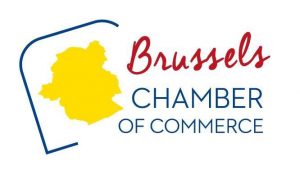For Westerners, Japan is like another world: another language, another culture, but also another way of doing business, which requires being well understood when dealing with a Japanese company.
UNDERSTANDING THE HIERARCHY
Contrary to popular belief, the hierarchy in Japanese enterprise is very egalitarian and democratic, where power tends to be more centralised in a European enterprise. In Japan, when a decision is made, it is consciously made, involving all layers of the company. Senior managers are there to ensure that everyone has been involved in the process and that the final decision is implemented.
They don‘t like short-term projects, they don’t like surprises and uncertainty, or companies that often change partners. They give price to trust, which takes time. So bet on long-term commitment.
On the other hand, Japan remains a male-dominated country, where women still have to fight to break through. If you are a female business leader, the very first time you meet your Japanese colleagues, let yourself be introduced by a male colleague on your team. It’s annoying, but it will earn you respect.
8 TIPS FOR DOING BUSINESS IN JAPAN
- Bring gifts! At the first meeting, your Japanese counterparts will have planned to give you a gift, so do not arrive empty-handed. What to choose? For Belgians, it is easy: bring a box of chocolates. In Japan, gifts that can be shared are much more appreciated than those who can’t. Also be sure to give your partner a seasonal gift to the change of season that is very important in Japan.
- Provide enough business cards, ideally with your photo; you’ll be remembered later. Even better: next to your name, indicate its phonetic pronunciation, attention will be highly appreciated. Above all, treat the business cards you are given: it is a reflection of your behavior in business and in life. Get a small box to store them preciously.
- Avoid giving an exclusive contract. It is rare for a partner to be well introduced anywhere in the country. The business mentality is particularly different between Osaka and Tokyo. Establish a balanced contract with your partner and adapt it if necessary, in consultation with your partner rather than changing partners, which is frowned upon.
- In a meeting, do not confront your team members with the Japanese team: it would make her uncomfortable. The Japanese do not like conflicts and tend to solve their problems behind closed doors, with the only colleagues concerned so that no one “loses face”.
- Importance of communication: avoid putting your Japanese partners in a situation where they can lose face, either vis-à-vis you or internally within their company.
- Present references or get introduced. At the first meeting, they will guarantee you some credibility and facilitate contact.
- Study the specificities of the Japanese market before launching a product. The Japanese like small, delicate and environmentally friendly packaging; if possible customised. Adapt the packaging, the Japanese usually buy small quantities.
- A plus: hire a Japanese employee in your company. Or during your interviews with your partners, call on a Japanese intermediary who can not only translate but also convince your interlocutors.
Under the trade agreement between the European Union and Japan, which entered into force in 2019, trade relations were facilitated, including a reduction in tariffs on the export and import of a whole range of goods.
Are you interested in Japan?
Be informed with the EU-Japan Centre for Industrial Cooperation: Be informed | EU-Japan





